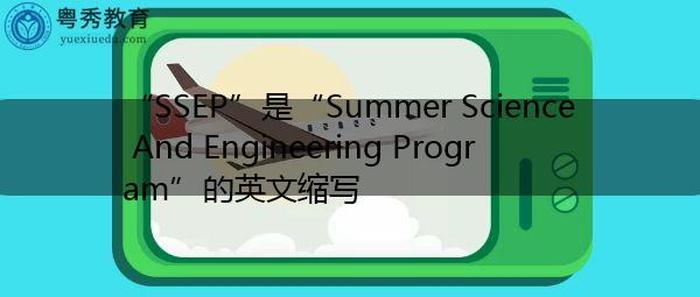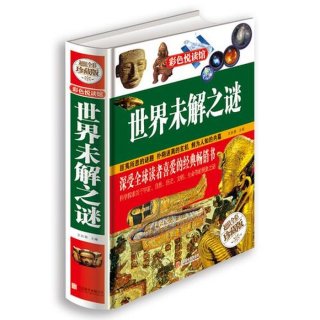科学方面的知识英文 - 什么是科学
-
科学,方面的,方,面的,知识,英文,什么,是,What,

- 知识-自由百科知识生网
- 2024-03-28 21:40
- 自由百科知识网
科学方面的知识英文 - 什么是科学 ,对于想学习百科知识的朋友们来说,科学方面的知识英文 - 什么是科学是一个非常想了解的问题,下面小编就带领大家看看这个问题。
What is Science?
Science is a systematic enterprise that builds and organizes knowledge in the form of testable explanations and predictions about the universe. It is based on observation, experimentation, and evidence. Science encompasses a wide range of disciplines, including biology, chemistry, physics, astronomy, geology, and many others. Through the scientific method, scientists seek to understand the natural world and the laws that govern it.
The Scientific Method
The scientific method is a systematic way of investigating natural phenomena. It involves making observations, formulating a hypothesis, conducting experiments, and analyzing the results. The process is iterative, with scientists refining their hypotheses based on new evidence. This method allows for the development of reliable and objective knowledge about the world.
Empirical Evidence
Empirical evidence is the foundation of scientific knowledge. It is based on observations and measurements of the natural world. Through careful experimentation and data collection, scientists gather evidence to support or refute their hypotheses. Empirical evidence is essential for building a solid foundation of scientific knowledge.
The Role of Theory
Theories in science are well-substantiated explanations of some aspect of the natural world. They are based on a large body of evidence and have withstood rigorous testing. Theories are not mere guesses or speculations; they are the best explanations we have for natural phenomena, such as the theory of evolution or the theory of relativity.

Peer Review
Peer review is a critical aspect of the scientific process. Before research is published, it undergoes scrutiny by other experts in the field. This ensures that the research is of high quality and that the conclusions are well-supported by evidence. Peer review helps to maintain the integrity and reliability of scientific knowledge.
Scientific Ethics

Ethical considerations are important in scientific research. Scientists must conduct their work with honesty, integrity, and respect for human and animal subjects. They must also report their findings accurately and honestly, without fabricating or manipulating data. Scientific ethics are essential for maintaining the trust and credibility of the scientific community.
Science and Society
Science has a profound impact on society. It has led to technological advancements, medical breakthroughs, and a deeper understanding of the world around us. However, it also raises ethical and societal questions, such as the use of genetically modified organisms or the effects of climate change. Science and society are deeply intertwined, and it is important for scientists to consider the broader implications of their work.
Limitations of Science
While science is a powerful tool for understanding the natural world, it does have limitations. There are certain questions that science cannot answer, such as those related to morality or the existence of a higher power. Additionally, scientific knowledge is always provisional and subject to change as new evidence emerges. It is important to recognize the boundaries of science and to approach it with humility.
Interdisciplinary Nature
Science is not confined to a single discipline; it is inherently interdisciplinary. Many scientific questions require input from multiple fields, such as the study of climate change, which involves expertise in physics, chemistry, biology, and earth science. Collaboration between different disciplines is essential for tackling complex scientific challenges.
Scientific Communication
Effective communication is crucial in science. Scientists must be able to convey their findings to both their peers and the public in a clear and accessible manner. This includes writing research papers, giving presentations, and engaging with the media. Good communication helps to disseminate scientific knowledge and foster public understanding of science.
Future of Science
The future of science holds great promise. Advancements in technology, such as artificial intelligence and gene editing, are opening up new frontiers of research. Scientists are also addressing pressing global challenges, such as climate change and infectious diseases. The continued pursuit of scientific knowledge will be essential for addressing these challenges and improving the human condition.
In conclusion, science is a fundamental tool for understanding the natural world. It is characterized by the scientific method, empirical evidence, peer review, and ethical considerations. While science has its limitations, it also has the potential to drive progress and innovation in society. As we look to the future, the pursuit of scientific knowledge will remain a cornerstone of human endeavor.
以上是关于科学方面的知识英文 - 什么是科学的介绍,希望对想学习百科知识的朋友们有所帮助。
本文标题:科学方面的知识英文 - 什么是科学;本文链接:http://yszs.weipeng.cc/zs/530232.html。
猜你喜欢
- 科学方面的知识;科学小资料 2024-03-28
- 科学方面的知识竞赛题目 科技知识竞赛题库及答案 2024-03-28
- 科学方面的知识揭秘,科普知识摘抄大全 2024-03-28
- 科学方面的知识和技能、科学知识有哪些 2024-03-28
- 科学方面的知识内容,关于科学知识 2024-03-28
- 科学常识知识大全、科学常识100题含答案 2024-03-28
- 科学常识摘抄100个 科学知识有哪些 2024-03-28
- 科学小问题及答案大全、科普知识竞赛试题及答案 2024-03-28
- 科学小知道、你不知道的科学小知识 2024-03-28
- 科学小知识简短摘抄20字,科学小知识50字 2024-03-28
























